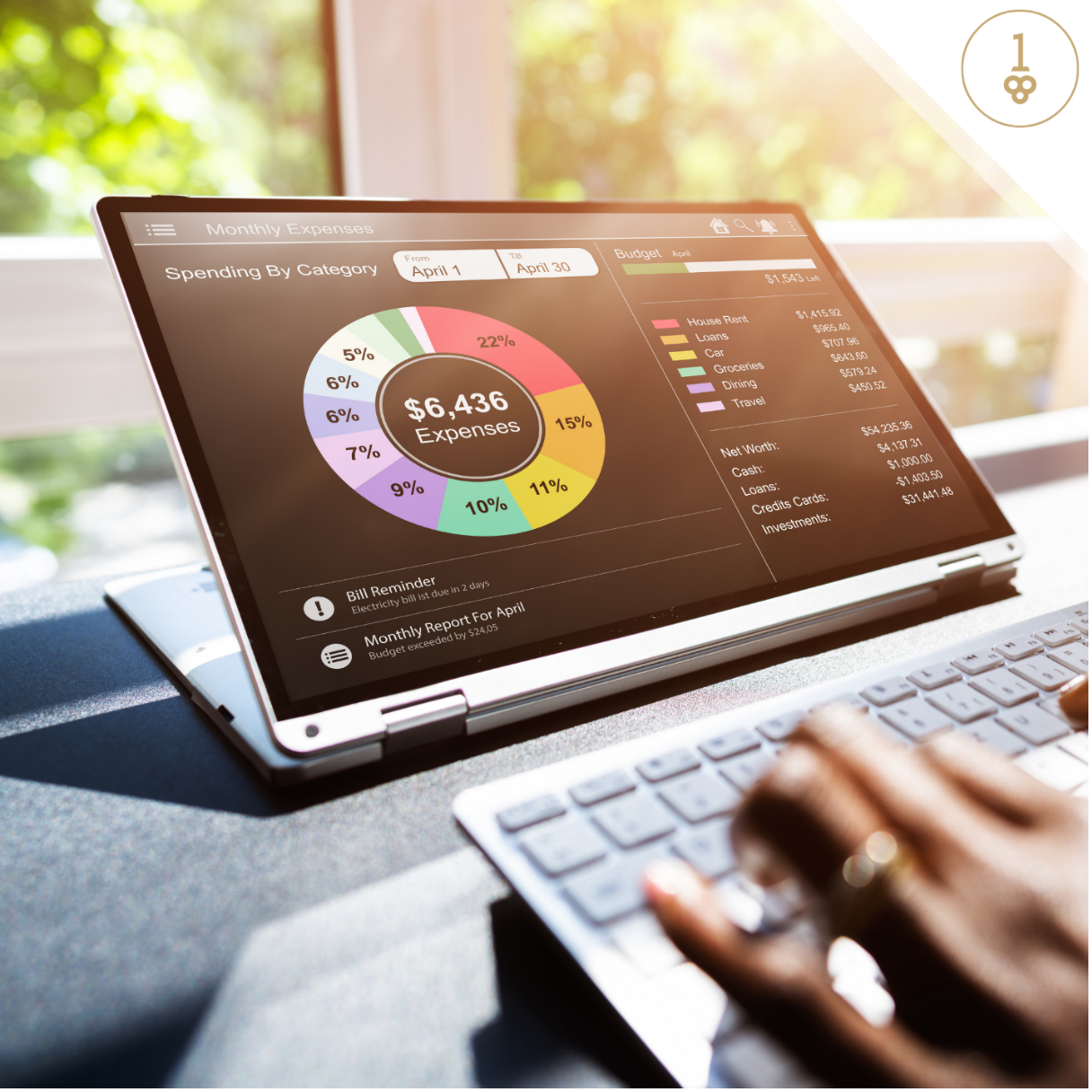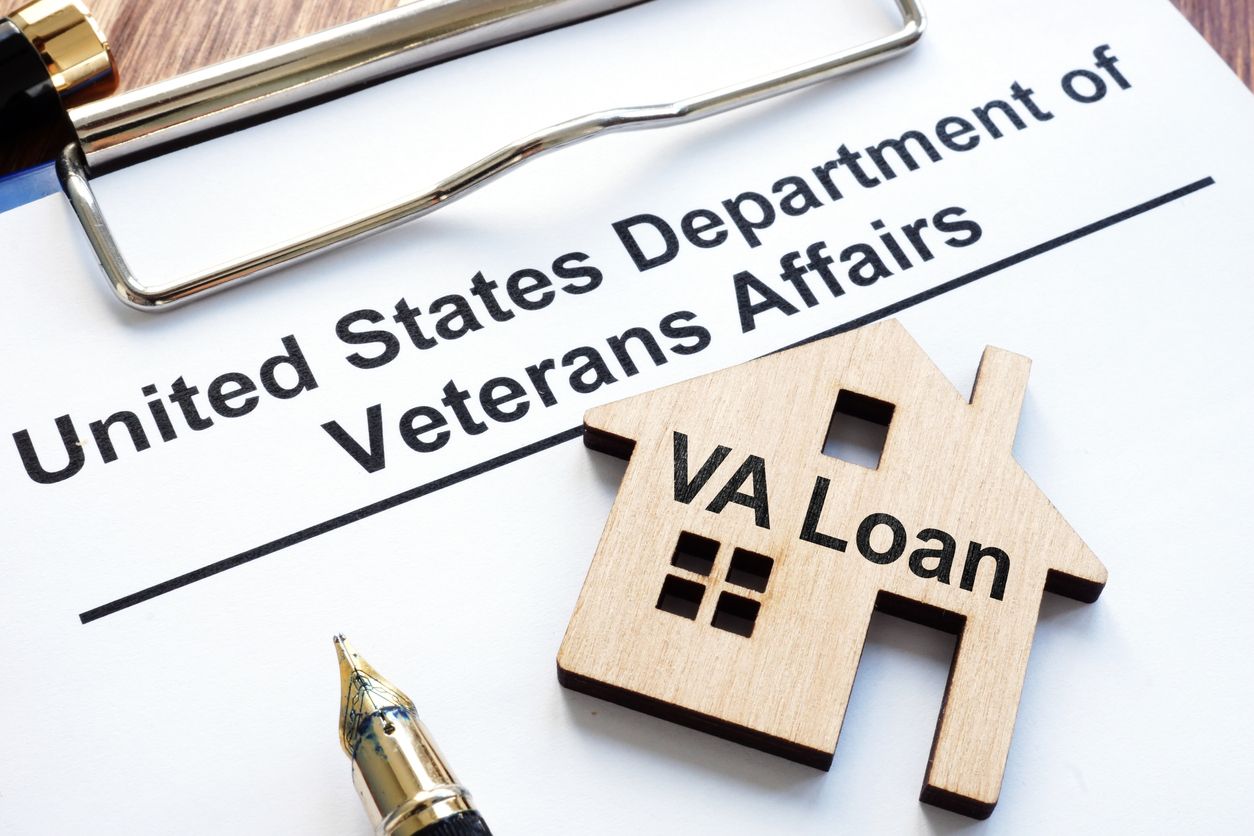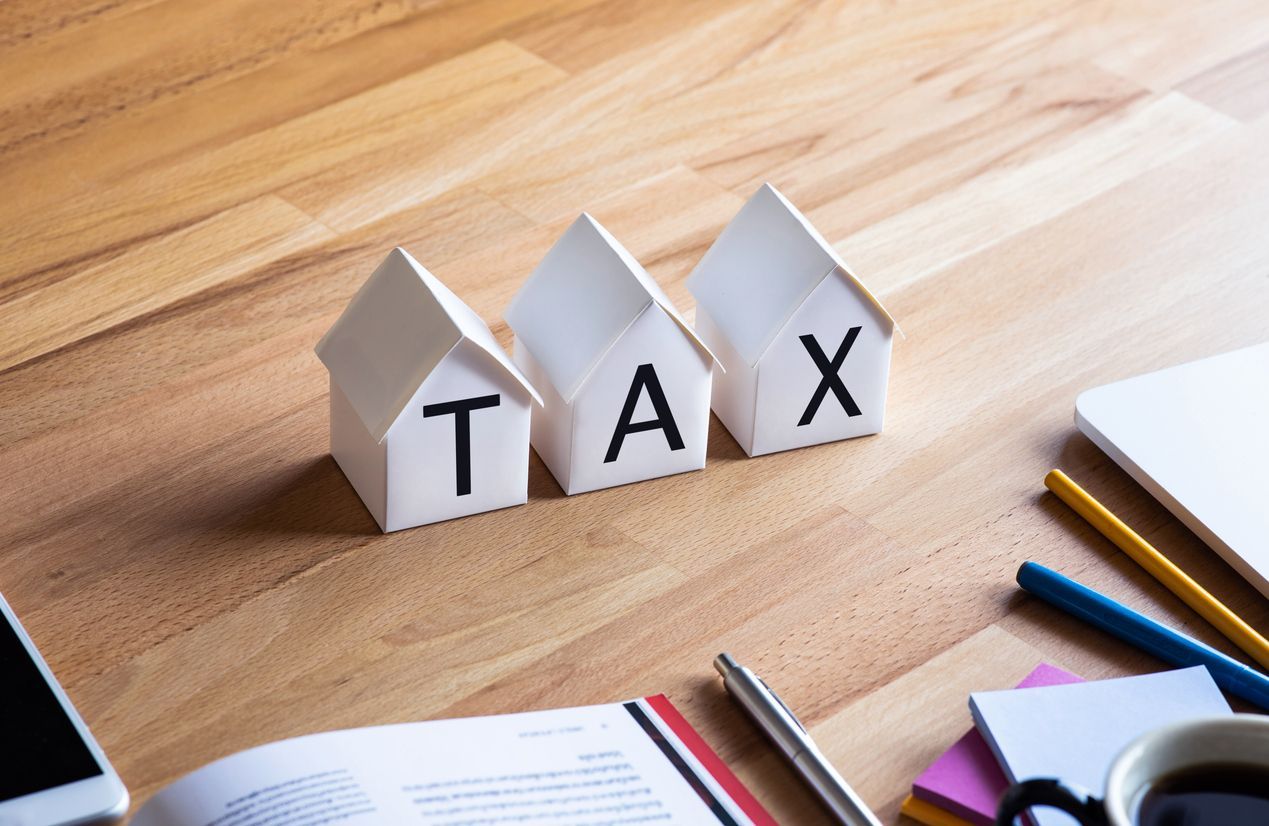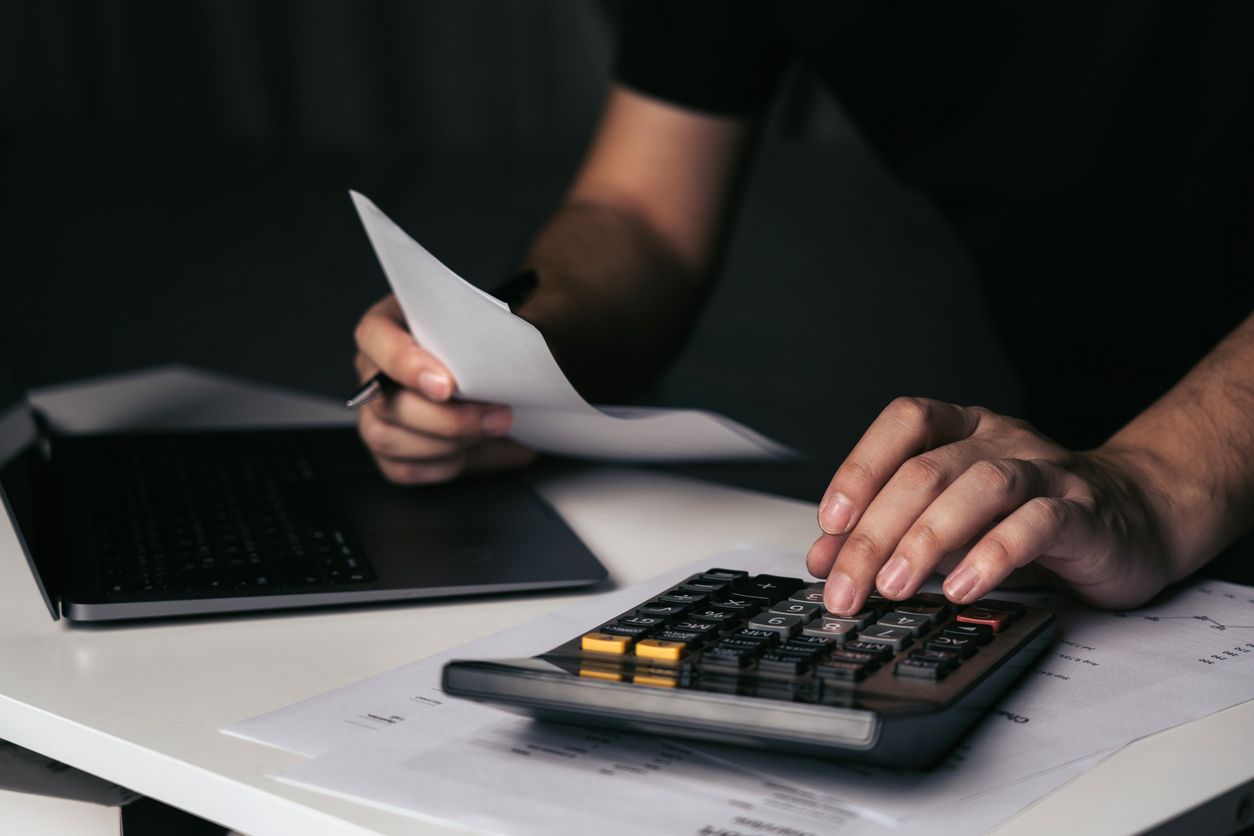First Apartment Finances: A Beginner’s Guide to Budgeting

Stepping into the world of renting your first apartment is an exciting milestone, but it can also be daunting, especially when it comes to figuring out your budget. As a prospective renter who's new to living on your own, establishing a realistic budget is essential for ensuring financial stability and peace of mind. Here's a beginner's guide to help you navigate the process:
1. Assess Your Income:
The first step in creating a budget for renting your new apartment is to assess your income. Calculate your total monthly income from all sources, including wages, salaries, tips, and any additional sources of income. This will give you a clear picture of how much money you have available to allocate towards rent and other living expenses.
2. Determine Your Fixed Expenses:
Next, identify your fixed expenses – those recurring monthly costs that remain relatively constant. This may include expenses such as student loan payments, car payments, insurance premiums, and utilities. Subtract your fixed expenses from your total monthly income to determine how much money you have left to allocate towards rent.

3. Factor in Variable Expenses:
In addition to fixed expenses, consider your variable expenses – those costs that may fluctuate from month to month. Variable expenses can include groceries, transportation, entertainment, and personal expenses. Estimate these costs based on your spending habits and lifestyle preferences, and subtract them from your remaining budget.
4. Set Aside Savings:
It's important to prioritize savings, even when renting your first apartment. Aim to set aside a portion of your income each month for savings and emergencies. Building up an emergency fund can provide a financial safety net and peace of mind in case unexpected expenses arise.
5. Determine Your Rent Budget:
Based on your remaining budget after accounting for fixed expenses, variable expenses, and savings, determine how much you can afford to spend on rent each month. As a general rule of thumb, aim to spend no more than 30% of your gross income on rent to ensure that you can comfortably afford your housing expenses without sacrificing other financial goals.
By following these steps and creating a comprehensive budget, you can approach renting your first apartment with confidence and clarity. Remember to prioritize financial stability, savings, and living within your means to set yourself up for success as you embark on this exciting new chapter of independence.











